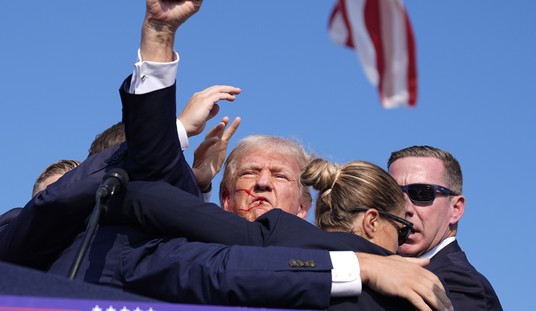Michael Totten reminisces about his experiences in the Middle East, what it’s taught him, and what the future holds for Hezbollah:
My own naïve optimism was dashed on the rocks in Lebanon and Iraq and hasn’t recovered. I never even bothered with optimism in Egypt. There’s nothing there to be optimistic about.
And I rarely meet anybody who actually lives over there who isn’t a pessimist. Expecting the best while everyone around you is expecting the worst is a difficult thing to pull off. It probably isn’t advisable even to try.
But I’m finding a bit of homegrown optimism in some quarters of Lebanon now, despite the fact that the economy is on its back and the Syrian war threatens to blow the country to pieces again, and I’d be remiss if I didn’t report it. The place has a serious case of the jitters and everyone knows this summer will be the third bad one in a row, but the medium and long term might be a little bit better, at least for some.
Though not for Hezbollah. No, the medium and long term for Hezbollah looks bleaker than ever.
Good.
It’s a great report from Totten, and it’s a given when I link to his stuff to Read the Whole Thing™. But it also dovetails into this al-Monitor report:
Why is Hezbollah fighting in Syria? Why did such a popular resistance group decide to risk its reputation around the Arab world and open a new front in order to back Syria’s President Bashar al-Assad? Assad, who himself does not know if he can keep his chair for another year or not. What made Sayyed Hassan Nasrallah, who is famous for his stances that repeatedly warned of the Fitna — the Arabic word for sectarian confrontation — meddle in the Syrian mud?
…
According to circles close to the organization, Hezbollah’s involvement in Syria wasn’t a choice, but rather an obligation. Those sources say that in the very beginning of the Syrian uprising, the group’s charismatic leader Hassan Nasrallah “tried to initiate a solution.” He, and other factions such as Hamas, opened a hotline with the Syrian leadership to make sure “Syria as a nation, people, and a political choice could survive the crisis.”
Without Assad, it becomes more difficult for Iran to keep Hezbollah supplied. And without Assad, there’s probably no Syria, either. The entire region seems to be entering what will likely be a long period of devolution.
What this makes me think of is the afterword to the excellent Ralph Peters novel, The War in 2020. Boy, did that seem like a long time in the future, when Peters published it back in 1990 or ’91. Peters had deftly combined all of our late-’80s fears of plague and Japanese industrial might and Moslem terrorism into a dense weave of plot and all-too-real characters.
In the book’s opening, a feckless US intervention into Zaire goes wrong, and the Arab states use our moment of weakness to nuke Israel off the map. Flush with victory, the Arabs for a Pan-Arab Union from Morocco through Iraq. But Peters noted in the afterword that such a Union is hardly likely:
Only outside enemies, real or imagined, allow the Islamic world to display the odd, fleeting semblance of unity. The destruction of Israel in a nuclear exchange, for example, will be less likely to trigger Islamic unity than to utterly dissolve it. Unable to direct their frustrations at the Zionist devil, the Islamic nations of the Eurasian landmass would quickly rediscover the holy and delectable mission of slaughtering each other over trivia.
It looks like in Syria at least, they might just be going directly to the mutual slaughter without bothering to first get rid of those stubbornly resilient Jews.










Join the conversation as a VIP Member